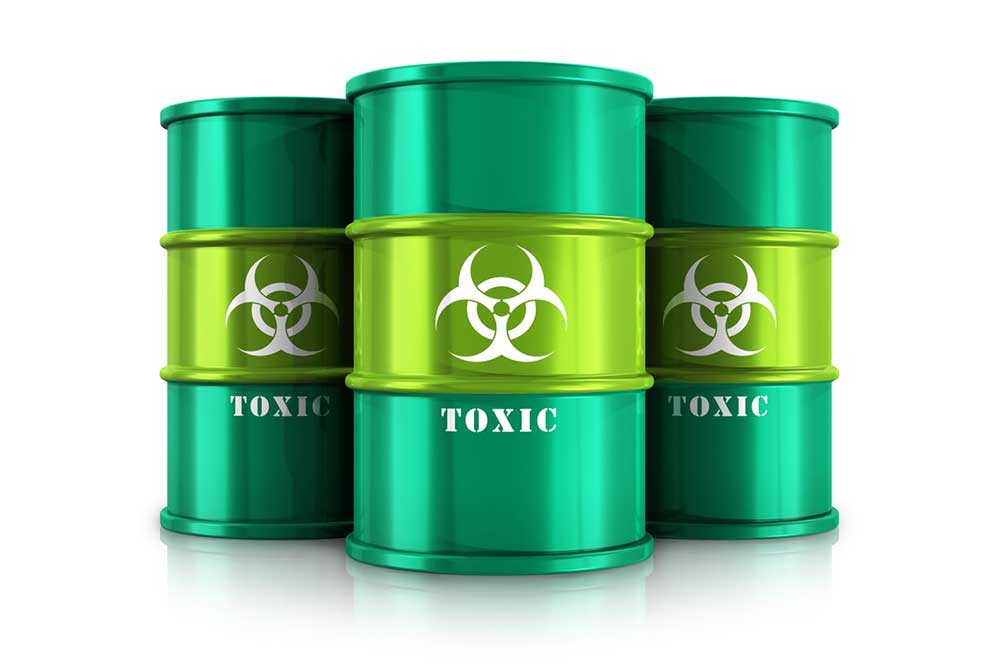- News
- Keeping Your Self-Storage Items Safe: What Not to Store
Keeping Your Self-Storage Items Safe: What Not to Store
The self-storage industry has been expanding exponentially, with individuals and businesses finding newer uses every day. Each further use requires a new self-storage insurance plan, and Storage Protectors is the leader in self-storage insurance (learn more about our plans here), including portable storage containers (learn more about our portable storage coverage here).
Exploring the realms of security of your facility or how much coverage your insurance plan has, it’s important to note that even the most comprehensive insurance can’t fully shield certain items, and some of them cannot be stored at a self-storage facility. We at Storage Protectors want to ensure you keep your items as safe as possible, which is why we’ve compiled a list of everything that, if included in your storage locker, will put your items at risk.
Item to Avoid Storing in Your Self-Storage Unit
Try to avoid storing the following items in your self-storage unit to keep your other items as safe as possible. Moreover, storing these items might also violate your insurance policy.
Living Entities are Prohibited
While self-storage units may seem like a tempting alternative to living spaces or a smart way to save money by renting one rather than an apartment, residing in them is illegal. Storage units are not designed for habitation, whether you are storing pets or people.
Pets and Storage: A No-Go for Their Safety
Pets, a cherished part of many households, must not be left in storage units due to animal cruelty concerns. Leaving pets in a storage locker is not just misguided; it violates their well-being and is a potential act of cruelty. Whether dogs, cats, birds, or other companions, pets require specific care, attention, and an environment promoting physical and emotional health. The confines of a storage unit lack the necessary amenities and space to ensure their comfort and safety.
Imagine the loneliness, darkness, and discomfort a pet would experience in such a confined space. Additionally, the absence of proper ventilation and natural light could lead to severe stress, anxiety, and even health complications for the animals. Simply put, storage units are wholly unsuitable for any form of habitation, especially for beings that rely on human care and interaction.
Plants Need Nature to Survive
Likewise, plant life is also something that you cannot store in a storage unit. While not illegal, as people and animals are, plants are not allowed because they will likely not live long without sunlight. Firstly, plants require sunlight for photosynthesis, growth, and survival. The lack of natural light within storage units would lead to the rapid death of the plants.
Moreover, the storage environment could be more conducive to maintaining proper moisture levels, a crucial factor for plant health. Inadequate watering and humidity control would quickly cause plants to wither away. Beyond their survival, plants have an intricate role in ecosystems. They can attract insects and pests that can disrupt the surrounding storage units, impacting your belongings and those nearby.
A No-Food Zone
Food is also something that is also not allowed to be stored in a self-storage unit. Storing Food items can have the potential for rot, mold, stink, and increase the odds of pests. The strong smell of rotting food can seep into adjacent units, creating discomfort and potential conflicts with fellow storage users. No one wants their sentimental or practical belongings tainted by unpleasant odors.
The concerns about food storage reach beyond the food items themselves. Anything that comes in contact with food, from utensils to containers, can carry traces of the substances that attract pests and cause spoilage. As a rule of thumb, any item that has been in contact with food should be thoroughly cleaned before being placed in storage. Neglecting this step poses a risk to your stored items and undermines the overall cleanliness and integrity of the storage environment.
Handling Hazardous Materials
Safety takes center stage in self-storage; also, for some hazardous items, there is no insurance for storage. Garbage and toxic waste cannot be stored at a self-storage facility. Similarly, other dangerous materials, including toxic waste and explosive, flammable, or corrosive substances, have no place in storage units. These materials endanger your stored items and the well-being of anyone on the premises.
Fireworks, munitions, lead paint, asbestos, urea formaldehyde, polychlorinated biphenyl, petroleum, methane, medical waste, and toxic substances are all forbidden at a self-storage facility. They can result in your prosecution under the law if these items are found in your unit. Be cautious about your storage and avoid such mistakes when renting a storage unit.
Protect your Valuable Cash
Cash is also something that you should not store at a self-storage facility. As insurance coverage doesn’t extend to cash, any loss or damage is irretrievable. While storage units excel at safeguarding many belongings, monetary valuables require specialized security measures provided by reputable banking institutions. By opting for bank security, you ensure that your financial resources remain protected and accessible, regardless of the circumstances.
Planning is the Key to Safe Storage
To maximize the space in the storage unit and increase its safety, planning thoughtfully is imperative. Implement these strategic steps to fortify your storage experience:
Thorough Inventory:
Create a detailed inventory list of items slated for storage. This not only simplifies the organization but also expedites potential insurance claims.
Climate Control:
Choose a storage unit equipped with climate control features when feasible. This is especially vital for items sensitive to temperature fluctuations.
Meticulous Packaging:
Employ expert packaging techniques, utilizing sturdy containers, clear labeling, and ample padding to shield your possessions during storage.
To Sum Up
We at Storage Protectors work hard to keep your personal storage items safe, but there is only so much we can do if you risk your items. Be aware of the dangers the above items can bring to your storage belongings, and make alternative plans to deal with any of those items.

I am a:
Quote Request Submitted
Quote Request Complete!
Quote Request Complete!
 File
File 